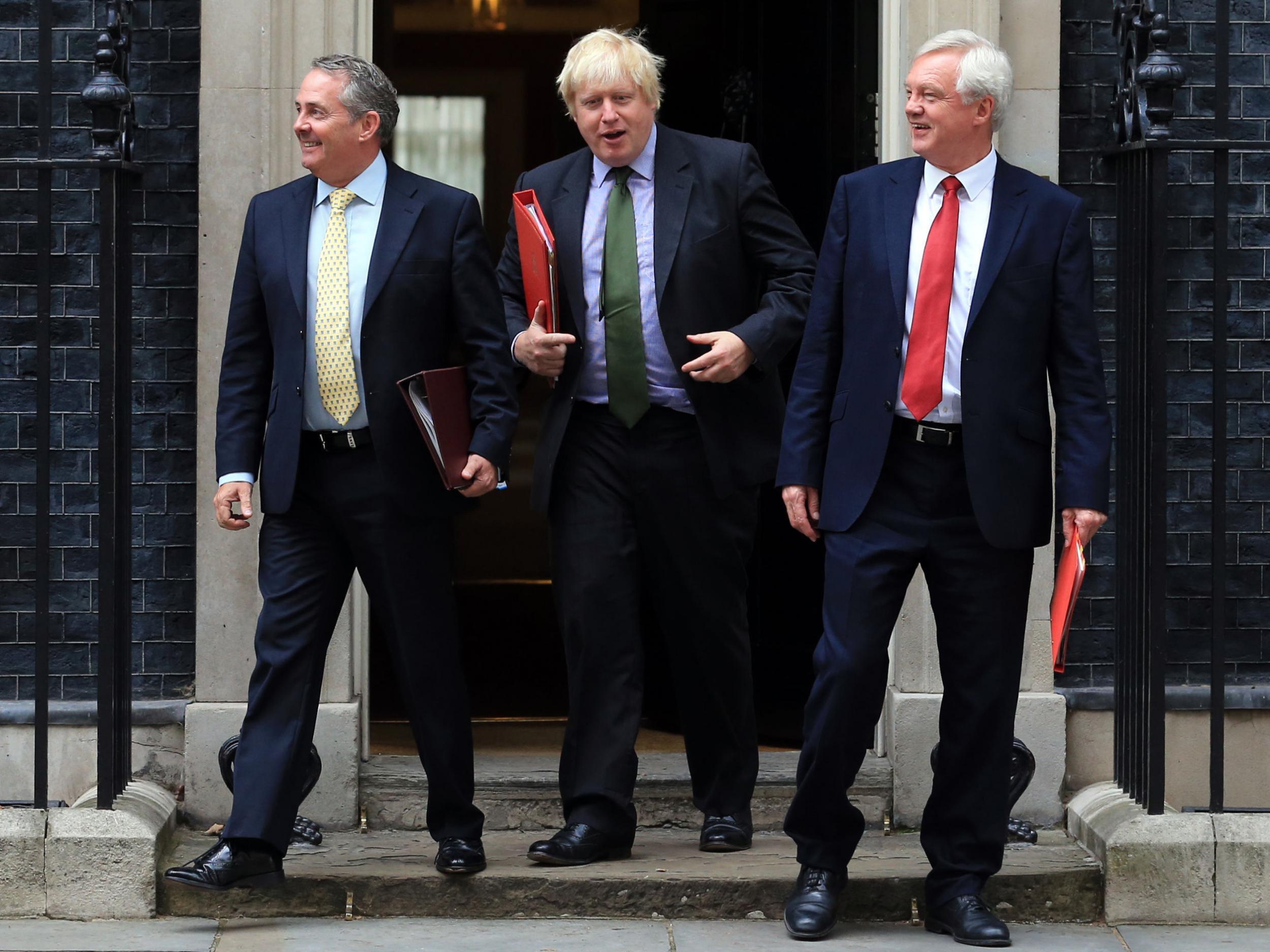Brexit latest: Northern Ireland legal challenge may force MPs to vote on Brexit

Your support helps us to tell the story
From reproductive rights to climate change to Big Tech, The Independent is on the ground when the story is developing. Whether it's investigating the financials of Elon Musk's pro-Trump PAC or producing our latest documentary, 'The A Word', which shines a light on the American women fighting for reproductive rights, we know how important it is to parse out the facts from the messaging.
At such a critical moment in US history, we need reporters on the ground. Your donation allows us to keep sending journalists to speak to both sides of the story.
The Independent is trusted by Americans across the entire political spectrum. And unlike many other quality news outlets, we choose not to lock Americans out of our reporting and analysis with paywalls. We believe quality journalism should be available to everyone, paid for by those who can afford it.
Your support makes all the difference.Northern Ireland's High Court is to begin hearing a legal challenge on Tuesday against British plans to leave the European Union without a vote in the Westminster parliament.
The case is being brought by a cross-party group of politicians, including members of the province's two largest Irish nationalist parties, who argue a vote in the Northern Ireland regional assembly should also be required.
The British government has said its legal advice is that triggering Article 50 of the EU Lisbon Treaty, the formal process to start a two-year countdown to an exit, can be invoked under the royal prerogative, which does not require parliamentary approval.
Prime Minister Theresa May said on Sunday she would begin the divorce process by the end of March.
Similar legal challenges have been launched in England and London's High Court is due to hear them later this month. It is expected their outcome will be appealed to the Supreme Court, the United Kingdom's highest judicial body, to deliver the final verdict on the constitutional question in December.
While overall 52 percent of the United Kingdom voted in favour of leaving the EU in June's referendum, a majority - 56 percent - of those living in Northern Ireland backed remaining in the bloc.
Irish nationalist parties oppose Brexit, saying it could undermine a 1998 peace deal, reinstate a hard border with the Republic of Ireland and cut EU cross-community funding. The province's largest party, the pro-British Democratic Unionist Party, supports Brexit.
Lawyers for the politicians will argue that the British government is legally obliged to maintain the statutory recognition of the 1998 Good Friday Agreement between the United Kingdom and Ireland, which contains references to the EU.
The agreement ended three decades of tit-for-tat killings between Catholic Irish nationalists, who want the province to unite with Ireland, and Protestant unionists, who want to remain part of the United Kingdom. The conflict left 3,600 dead.
They will also argue that the British government is legally obliged to safeguard EU laws incorporated into Northern Ireland law.
In parallel, the court will hear a similar case being brought by Raymond McCord, the father of a man killed by loyalist paramilitaries in 1997, who says Brexit would undermine the Good Friday Agreement, the peace process, and human rights.
Reuters
Join our commenting forum
Join thought-provoking conversations, follow other Independent readers and see their replies
Comments